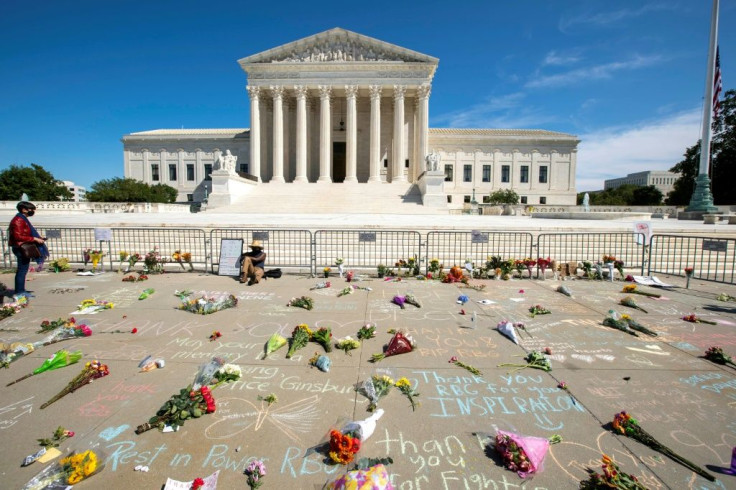Democrats Eye Supreme Court With New Voting Legislation
As more Republican-led states pass restrictive voting laws in the wake of the 2020 election that many see as trying to keep minorities from casting their ballots, Democrats are gearing up a battle to stop the states from unfairly restricting voters at the polls. However, they not only need to clear the major hurdle that is Congress, but also the Supreme Court.
Democratic lawmakers are keen on reinstating key parts of the Voting Rights Act of 1965 which have been struck down over the years and know they already have a large hurdle to clear in Congress, where they hold a slim majority. They also fully expect to end up in court if their legislation, known as the John Lewis Voting Rights Advancement Act, does pass, meaning they would also have to convince a court with a Conservative majority to vote in their favor, according to the Associated Press.
The John Lewis Act would allow courts and the Department of Justice to police changes to future voting rules in places that have a history of electoral discrimination against minorities, known as “preclearance,” or a process which requires approval from the Department of Justice before making any changes in voting practices.
Democrats are eager to bring preclearance, which was stopped in 2013, back into the fold as several states enact new voting restrictions in response to Donald Trump’s claims the 2020 election was stolen from him. Laws have been passed in Georgia, Arizona and Texas thus far, two of which were states which flipped for Joe Biden, which have raised concerns about how restrictive the measures are and how they disproportionately affect minority voters.
However, Republicans, and likely, the Conservative-leaning court, don’t seem to agree with the need for preclearance, with opposing lawmakers calling it an outdated practice that originally targeted areas with low minority turnouts and a history of practices to discourage minority voting. Republicans argue that the minority turnout during the last election, which is believed to have helped propel Joe Biden’s win, is proof that preclearance is no longer a necessary practice.
Though Democrats may be eyeing the Supreme Court as they try to find a way to keep voters from being potentially disenfranchised, they could be looking too far ahead, as they have a slim chance of getting the bill through the Senate anyway, even if it passes in the House, due to the filibuster rules which require 60 votes to advance it.
Currently, the Senate Chamber is split evenly between Republicans and Democrats at 50-50, with Vice-President Kamala Harris able to cast a tie-breaking vote when needed. However, even with that razor then margin keeping them in control, Democrats won’t be able to further their agenda unless they receive Republican support.

© Copyright IBTimes 2024. All rights reserved.





















